Welcome to the Aphasia Threads Project, which weaves together three points-of-view: people with aphasia, caregivers, and the professionals who help each family navigate aphasia. Each week, we bring together three unrelated stories, one from each member of this triad, to learn from their experience. This week, we’re hearing from Phil, a person with aphasia, who had a stroke in 2007. Then, we’ll hear from Lisa, who is a caregiver for her mother who has primary progressive aphasia. Finally, we’ll hear from Harry, a doctor in private practice in Hicksville, New York and China Grove, North Carolina.

Person with Aphasia
I had a stroke in April of 2007. I had a TIA three days before my stroke. I didn’t know what that was at that time.
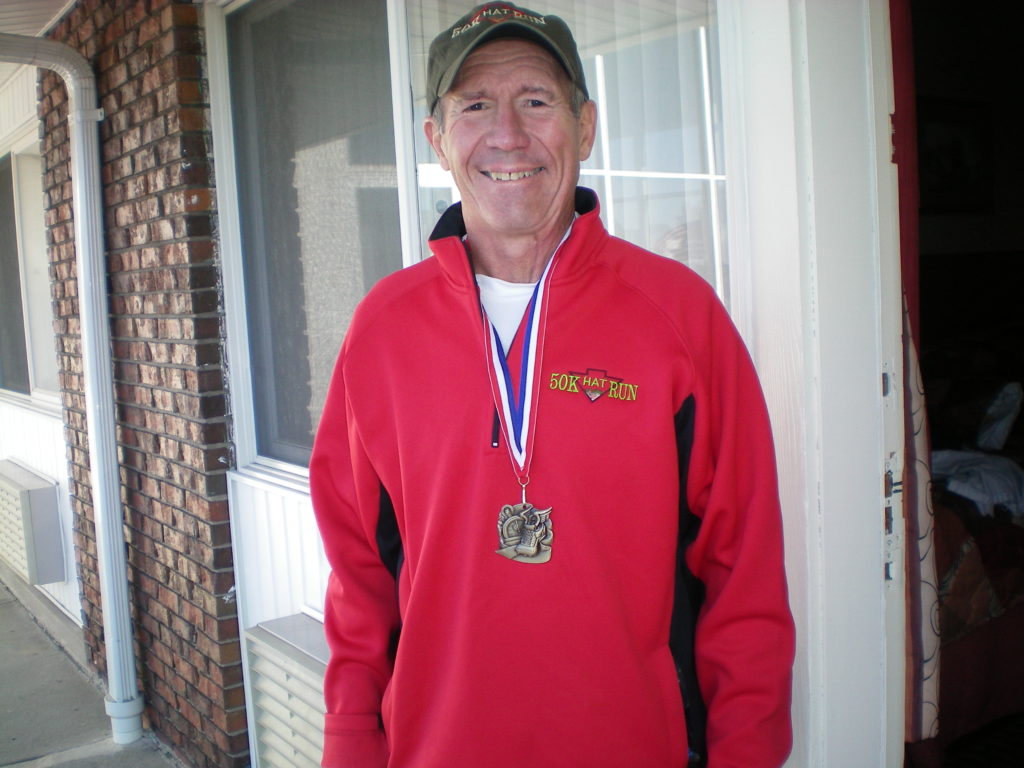
Aphasia Changes Your Life
I think my stroke and aphasia helped me become a better person.
But There Are Things That Help
I took two years of therapy with a great lady. And my wife helped me a lot to recover my speech.
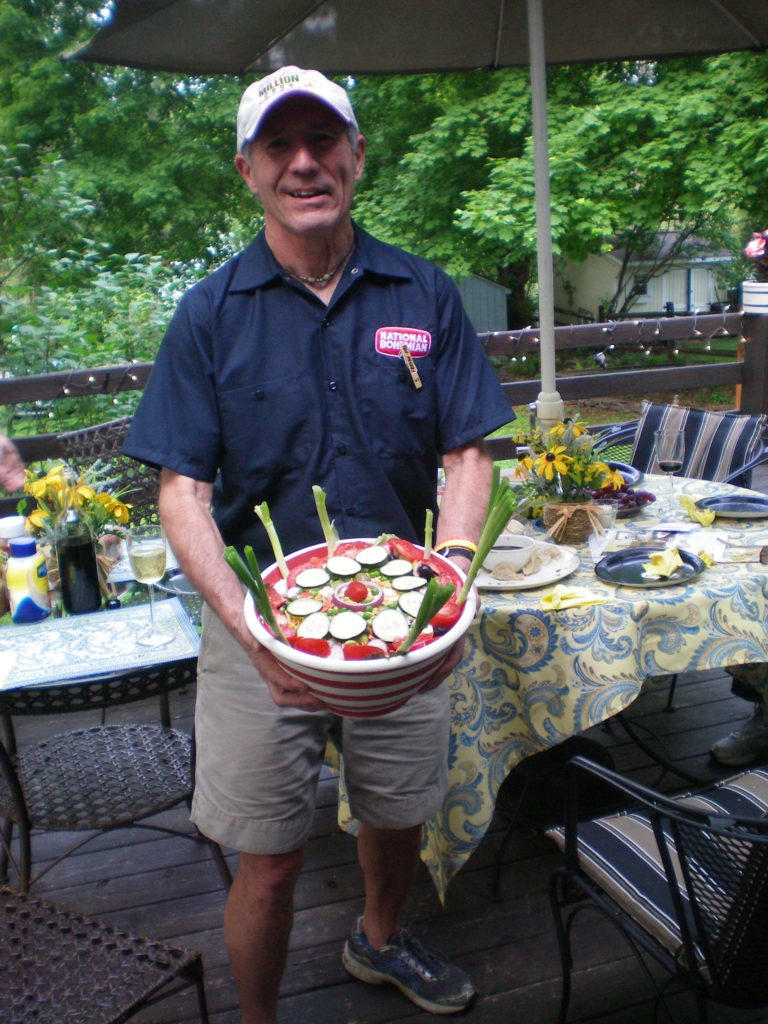
And Things You Learn Along the Way
Don’t give up.
What Caregivers and Professionals Can Learn From Me
Just slow down when talking to someone with aphasia.
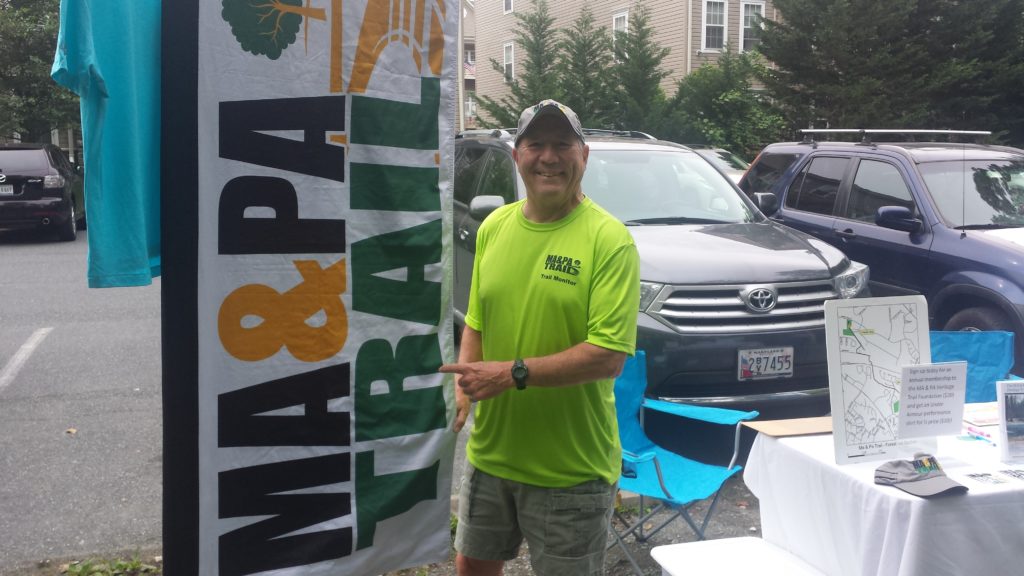
My friends made a movie about me and my stroke and aphasia. I’m also on the board for a trail, and I raise money for the Stroke Network.
Marathon: The Phil Anderson Story from wherl on Vimeo.

Caregiver
My mother was diagnosed with PPA in 2016, and I am her almost full-time caregiver.
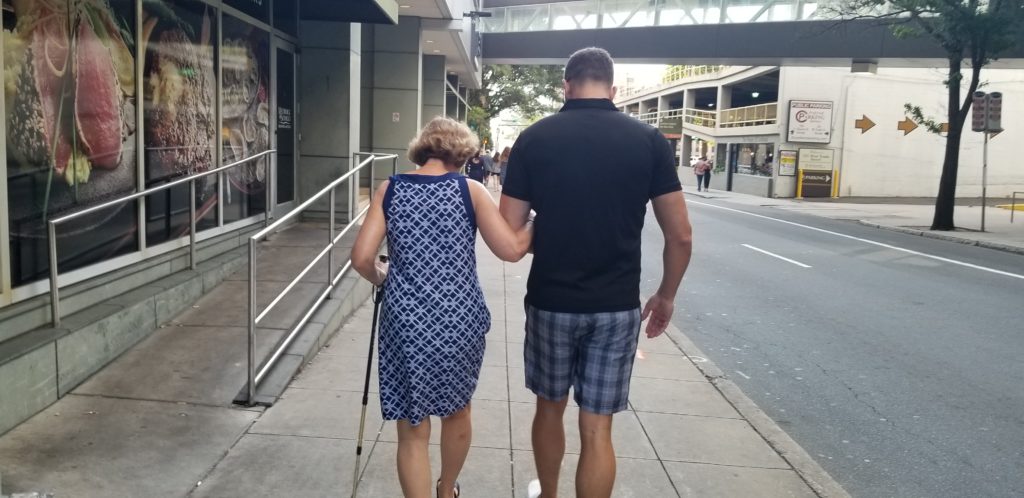
Aphasia Changes Your Life
It’s heartbreaking to watch a loved one’s ability to produce and understand language slip away, but as I take on more and more of my mother’s care, I see it as a way to acknowledge and thank her for the absolutely wonderful upbringing that she provided for me. In every decision or action that I make on her behalf, I strive to do it with the love and consideration that she used when raising me.
But There Are Things That Help
Since my mother isn’t able to verbally participate in conversations, I take her to a lot of musical and theater performances so she can be entertained in a social setting with other people around, but without her feeling pressure to actively participate in anything. For the duration of the show, she gets to be just like every other person in the theater.
And Things You Learn Along the Way
You will take missteps and you must forgive yourself for them — this is an incredibly difficult job that none of us have trained for, and you will do the best you can. Seek support groups in person or online, it will make you feel less alone. Educate yourself about how your loved one’s disease will likely progress. It’s scary to look down what you know will be a dark road, but you MUST be proactive and plan for what is to come.
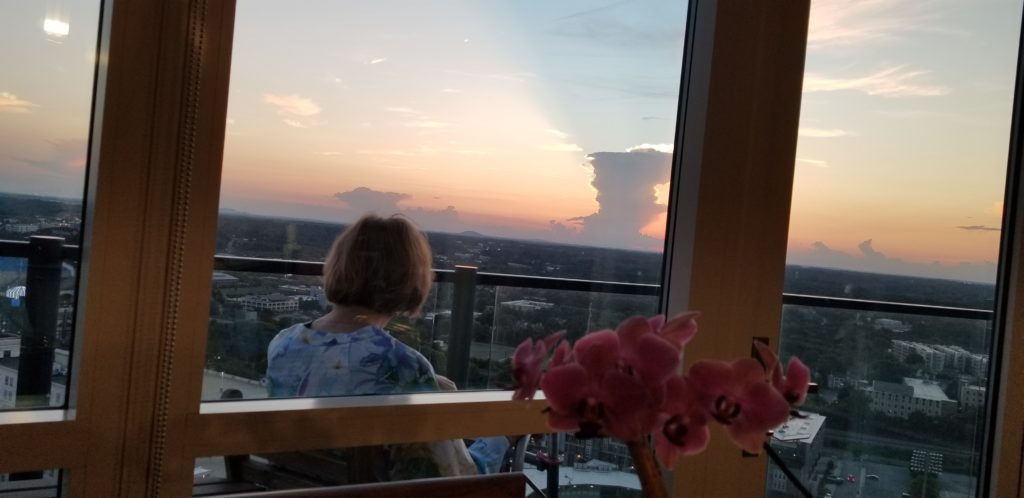
What People with Aphasia and Professionals Can Learn From Me
Very few SLPs seem to know much about progressive aphasia, and that they need to help caregivers and their loved ones learn techniques for alternate methods of communication. Not everyone with aphasia is going to recover, and those of us in that situation feel forgotten by the speech therapy community. As for people with aphasia, I hope they know that caregivers really, truly are trying our best to navigate a situation for which we’re untrained and that we feel horrible when we make a mistake that affects our loved one. We’re doing our best and hope that you understand how hard we’re trying, even if sometimes you aren’t happy with us.
The most important thing I’ve learned as a caregiver is that you absolutely must be proactive to educate yourself so that you can advocate on behalf of your loved one. It can be tempting to stick your head in the sand or blindly trust that medical professionals know everything, but you owe it to your loved one to research their particular condition and actively seek out the best course of action. Doctors and therapists mean well but aren’t always trained about your specific condition, and you have to know when to seek out additional opinions or therapies.

Professional
Harry works at Harry D Schneider in Hicksville, New York and China Grove, North Carolina. He’s a featured affiliate.
I can speak many languages, which made me research how the brain is able to do this. It made me want to know what happens when the brain is no longer able to understand and speak even its one and only native language.
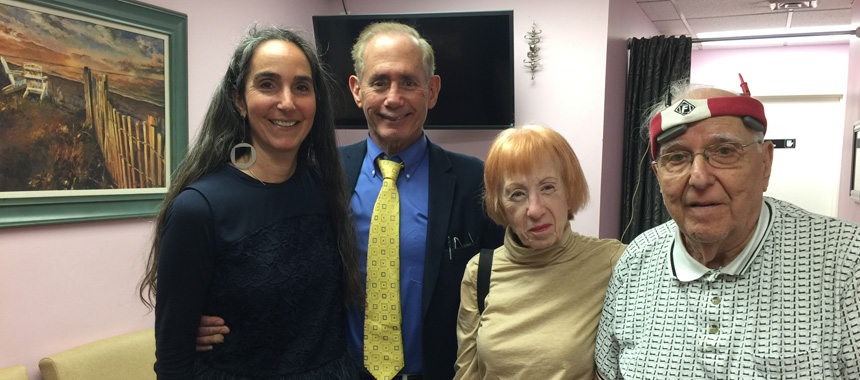
What I’ve Noticed Along the Way
Being able to produce the first word, any word or the correct words, bring with it frustration and joy. The biggest event is being able to convey correctly what one is thinking.
There Are Things That Help
Restoring lost grammar, that is being able to know who does what to whom, is a huge endeavor used best with a tool called non-invasive brain stimulation (NIBS).
And I Encourage New Professionals to Learn About Aphasia
Give people their dignity by helping them speak, constantly adding more tools to your arsenal. Language is all about motivation, motivation, and more motivation!
What People with Aphasia and Caregivers Can Learn From Me
Being an SLP or a health professional just means that there is more to learn. If a patient isn’t succeeding with their therapy, then be open to new, evidence-based scientific points of view.

Want to Be Featured in a Future Article?
Aphasia Threads is an on-going project created by the National Aphasia Association. If you’d like to be featured, don’t leave a comment. Instead, please read the opening post for more information or fill out our form and we’ll contact you.



